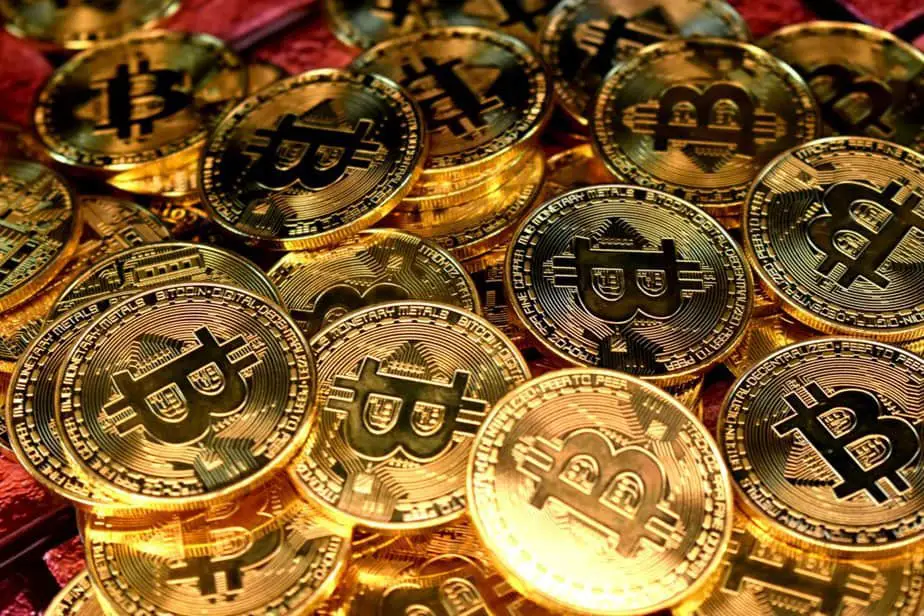This research sought to determine the acceptance of Bitcoin in emerging markets like Vietnam. Vietnam’s State Bank declared Bitcoin and other digital coins illegal in 2017. Bitcoins, however, can also be regarded as items, assets, or acquisition channels. While Bitcoin investors and trade markets in Vietnam are growing abundantly, no restrictions are controlling the issuance of this digital currency at present. Let us know ‘Does Vietnam Accept Bitcoin?’.

What is Bitcoin?
“Satoshi Nakamoto” is the person who created bitcoin in 2008. A blockchain is an open network that allows online payments to be transferred directly without third parties (Nakamoto, 2008). Currently, Bitcoin is the most widely accepted and widely used digital currency.
Methods to acquire Bitcoin
- Use a cryptocurrency exchange to purchase Bitcoin with real money;
- Provide goods and services that accept Bitcoin as a form of payment;
- ‘Mining Coin’: Inspired by gold’s fixed supply, Bitcoin’s designers limit the number of ‘coins’ to 21 million.
Bitcoin Users in Vietnam
Vietnam had three main segments of bitcoin users: investors, miners, and businesses that accepted bitcoin exchanges. From 30,000 users in 2016 to 60,000 users in 2017 to 300,000 users in 2018, Bitcoin users grew rapidly. To create a sustainable community, Bitcoin miners, users, and businesses are currently cooperating. Despite this, because of some conflicts of interest, many users have lost money and negatively impacted the popularity of Bitcoin.
Acceptance of Bitcoin
Japan became the first country to accept Bitcoin as a payment method by passing a law accepting the virtual currency. Usually, countries adjust bitcoins when they have regulations or drafts of bitcoins. Globally, most developed nations fall into this category. Several countries have prohibited trading, buying, and selling through virtual money usage or Bitcoin. This country includes Bolivia, Kyrgyzstan, Vietnam, Iceland, Ecuador, Bangladesh, etc. As far as crypto regulation is concerned, China and Indonesia pose the biggest challenge. Bitcoin has been regulated in some countries & there are plans for increased regulation in the future.
Bitcoin Regulation In Vietnam
The Vietnamese government considers bitcoin an illegal form of payment and prohibits its conversion to fiat currency. Despite this, the Vietnam government intends to control Bitcoin by the end of the year.
Legal Framework
Under Clause 6, Article 6 of Decree No 101/2012 / ND-CP amended and augmented by Decree No 80/2016 / ND-CP, prohibited acts include: “6 The issue, supply and use of illegal payment instruments. Therefore, the use of illegal payment instruments such as Bitcoin virtual currency is not permitted.
In Vietnam, the following reasons lead to the Vietnam government’s refusal to accept Bitcoin:
- In the absence of a central bank, Bitcoin cannot be considered money, since money needs to be created by the central bank. The fluctuation of money affects currency values, commodity prices, and the balance of payments.
- There is a high level of risk involved.
- ICO Satis Group research shows that in 2017, nearly 78% of ICOs will fail, 4% will go bankrupt, 3% will go dead, and only 15% will be approved for market use.
- Blockchain, the technology behind Bitcoin, is a new technology that is still in its infancy. This technology is anonymous, secure, and very confidential. Consequently, Bitcoin is often viewed as a money-laundering tool.
- There is no legal recognition of Bitcoin. Despite this fact, it is still used as an asset, used for selling and buying.
Vietnam’s current situation with Bitcoin
There are some reasons why Bitcoin has yet to become a real currency, but some stores in Vietnam accept Bitcoin as payment (T Xuan, 2018), similar to some countries in the world. There is still no formal legal framework for virtual currencies in Vietnam, but investments, transactions, and fundraising capital in virtual currencies, and Bitcoin especially, have been accelerating in recent years.
Recommendations
Virtual currencies are not considered legal in Vietnam and most other countries. To adjust the general trend of technological era 4.0, pro-actively integrate as well as restrict, ultimately eliminate fraudulent acts, theft of assets, appropriation of cyber assets of associations and individuals related to virtual money and Bitcoin, the article proposes the following recommendations:
- Legal frameworks for virtual currency and Bitcoin should be improved as well. We should continue to issue policies aimed at improving the infrastructure for information technology, and building skills in governance, encryption, and security.
- Promoting awareness of Bitcoin and other virtual currencies through propaganda.
- All violations relating to virtual money must be handled thoroughly and seriously.
Conclusion
The study found that virtual currency was not accepted in Vietnam as a means of payment yet, while it is widely accepted in other countries. Bitcoin in particular, and virtual currencies in general, need a comprehensive legal framework. There should be policies to enhance information technology infrastructure, increase the number and capacity of financial experts, encryption, and security experts, and warn the public about risks associated with the use of virtual currencies.


